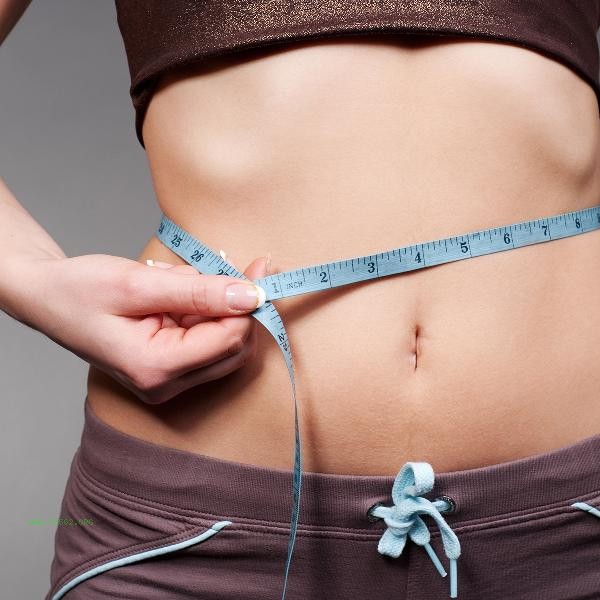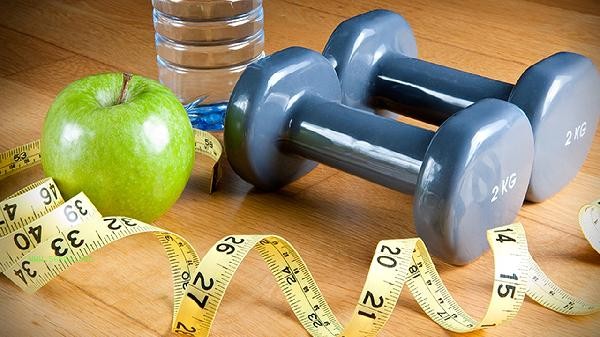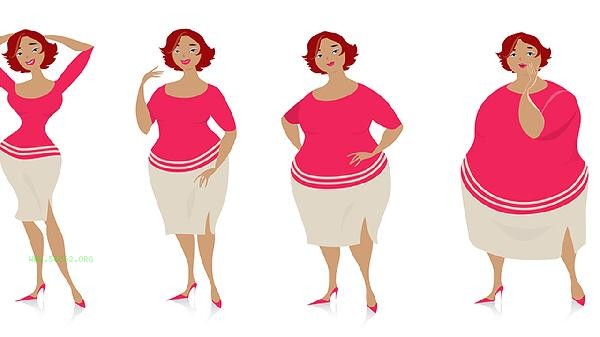After weight loss exercise, you can drink moderate amounts of plain water, diluted salt water, sugar free coconut water, green tea, low-fat milk and other beverages. supplementing with water and electrolytes after exercise is key, but high sugar and high calorie drinks should be avoided.

1. Plain Water
Plain water is the most basic and safe choice for hydration, as it does not contain calories and can quickly replenish the water lost during exercise. After exercise, the body temperature rises. Drinking plain water at room temperature or slightly cool can help regulate body temperature and promote metabolism. For cases of excessive sweating after high-intensity exercise, it is advisable to drink small amounts multiple times to avoid excessive drinking at once, which can burden the heart.
2. Dilute salt water
Dilute salt water can supplement electrolytes such as sodium ions, making it suitable for use after moderate to high-intensity exercise. Add a small amount of salt to every 500 milliliters of water, as excessive concentration may worsen thirst. Patients with hypertension should be cautious as excessive sodium intake may affect blood pressure control.
3. Sugar free coconut water
Natural coconut water contains electrolytes such as potassium and magnesium, and has lower calories than sports drinks. Choose pure coconut water without added sugar to avoid consuming excess sugar. Its natural sweetness can meet the taste requirements, but individuals with abnormal kidney function need to control their intake to prevent excessive blood potassium.

4. Green tea
Green tea contains tea polyphenols and trace amounts of caffeine, which can help with fat metabolism when consumed after exercise. It is recommended to choose sugar free cold brewed tea to avoid stimulating blood vessels that dilate after exercise with hot drinks. People with gastrointestinal sensitivity should pay attention to their drinking volume, as fasting may cause discomfort.
5. Low fat milk
Low fat milk provides high-quality protein and calcium, suitable for helping muscle repair after strength training. Lactose intolerant individuals can choose lactose free milk or plant-based protein drinks. Pay attention to choosing pure milk without added sugar to avoid hidden sugars in flavored dairy products.

The choice of beverages after exercise should be based on the intensity of the exercise and individual physique. In addition to the aforementioned beverages, carbonated drinks, fruit juices, and sugary sports drinks should be avoided as their high sugar content may counteract the effects of exercise. The best effect is to replenish water within half an hour of exercise, and it can also be paired with a small amount of natural potassium rich foods such as bananas. Long term exercise enthusiasts are advised to consult a nutritionist to develop a personalized hydration plan that balances weight loss and physical health.







Comments (0)
Leave a Comment
No comments yet
Be the first to share your thoughts!